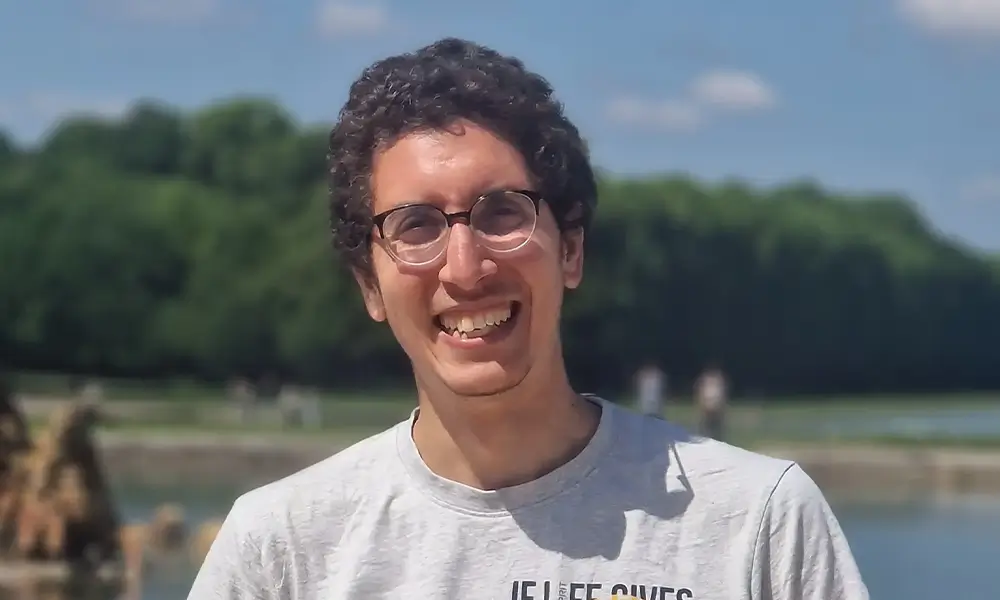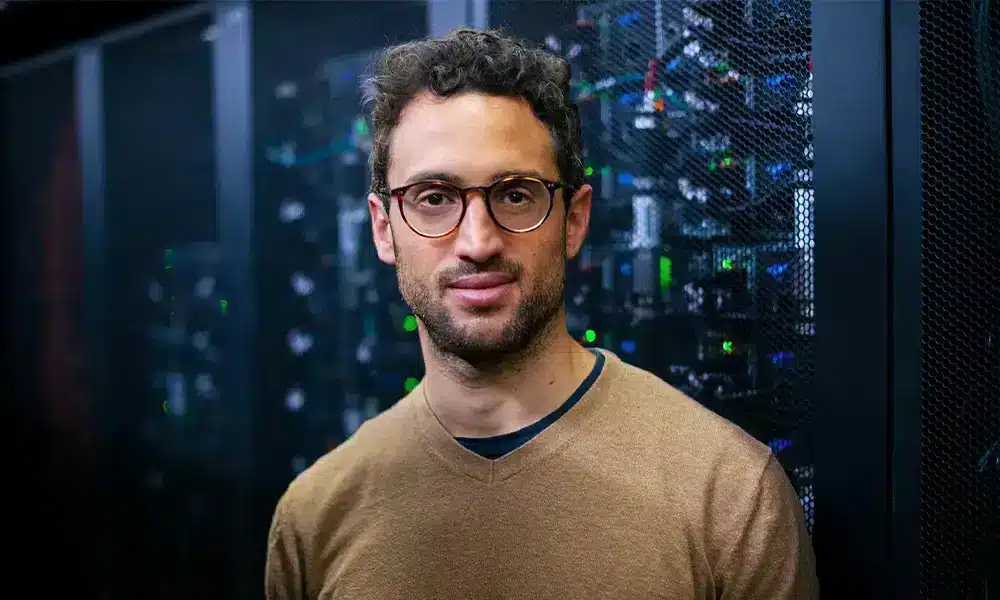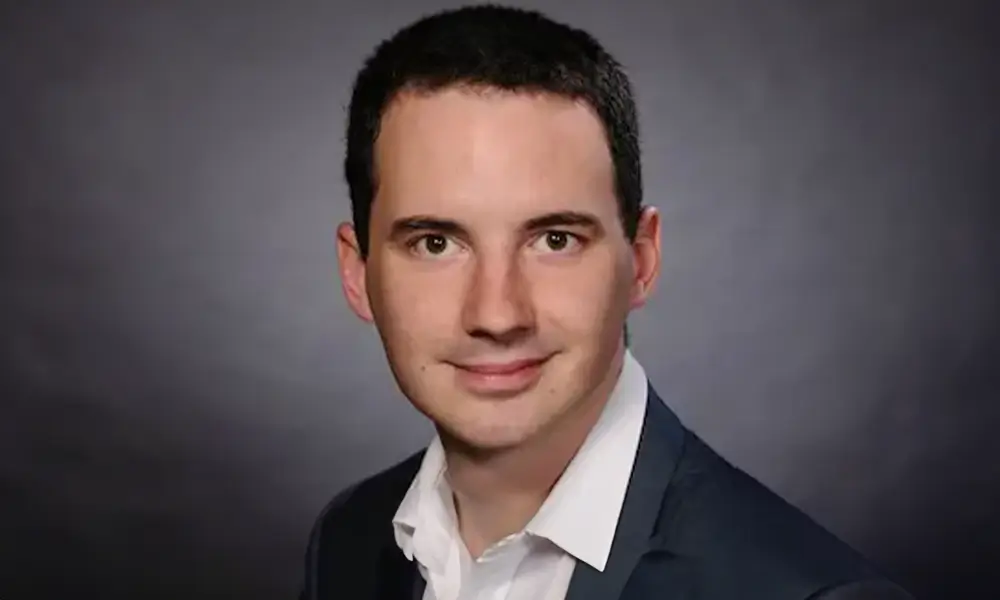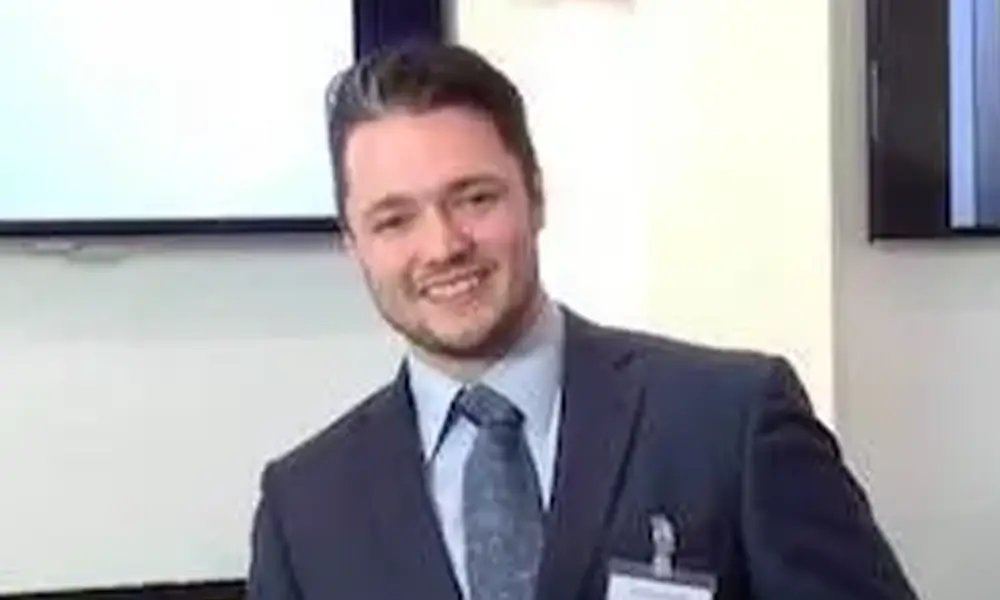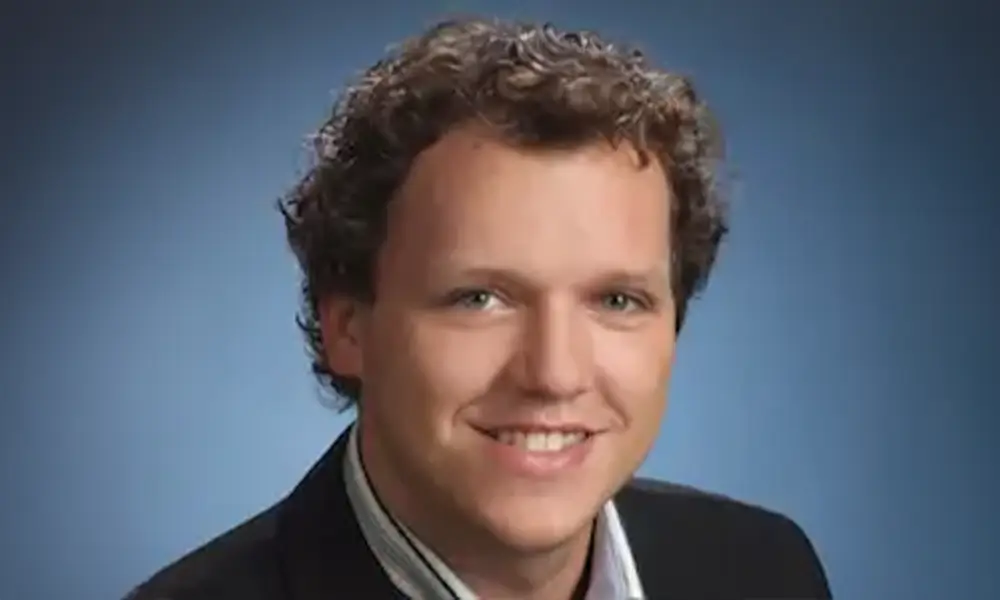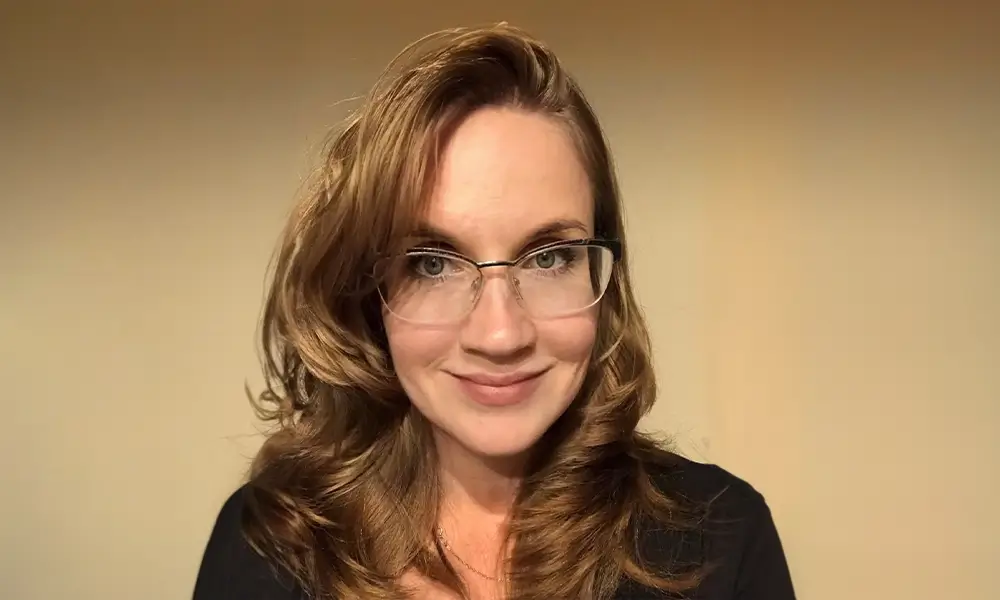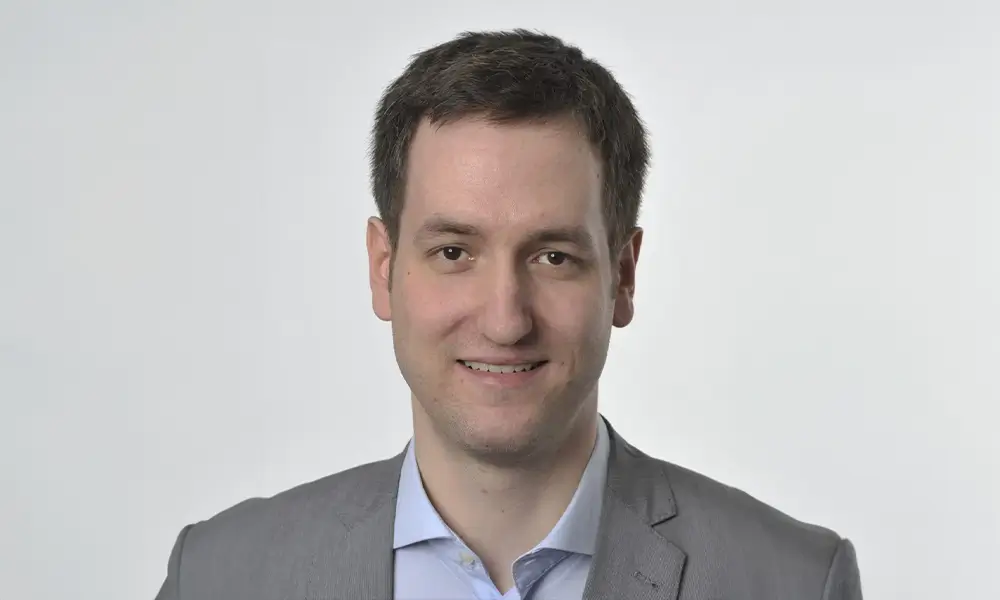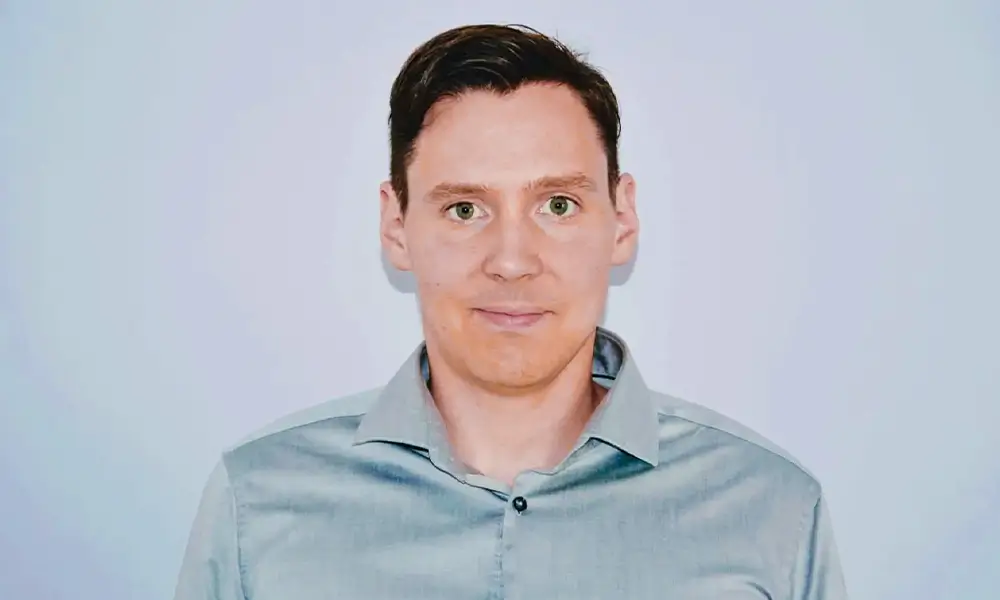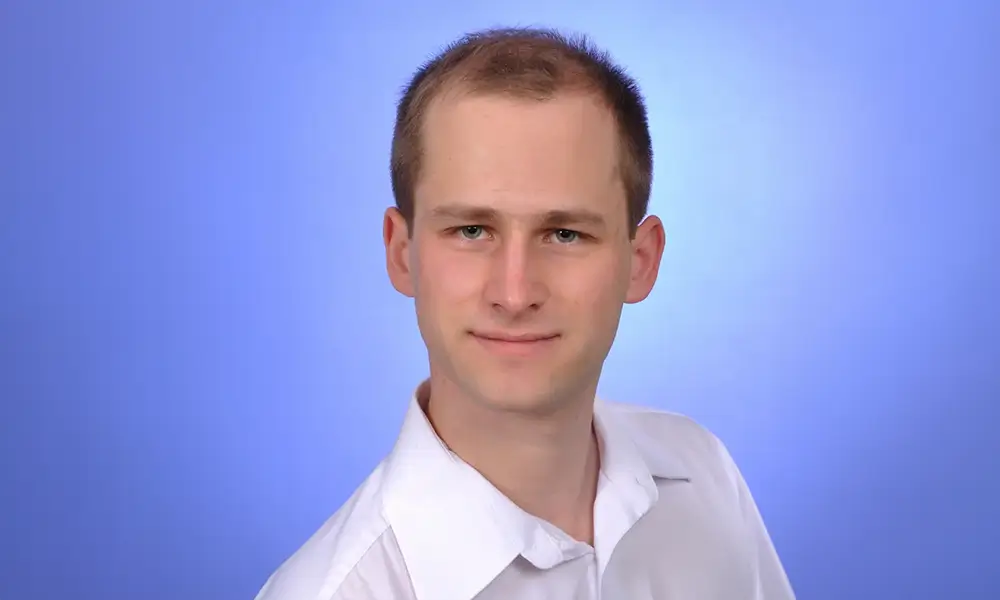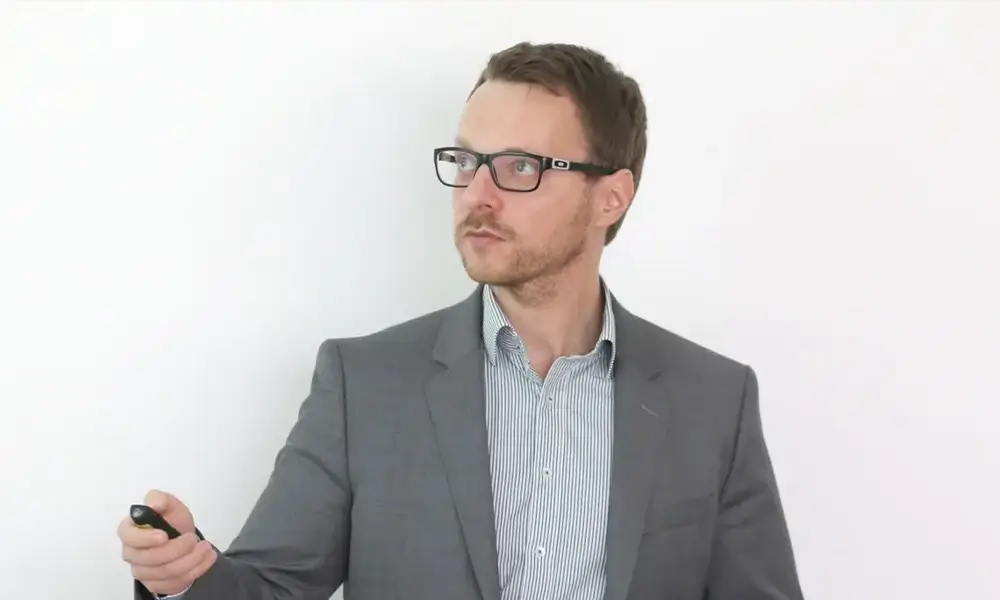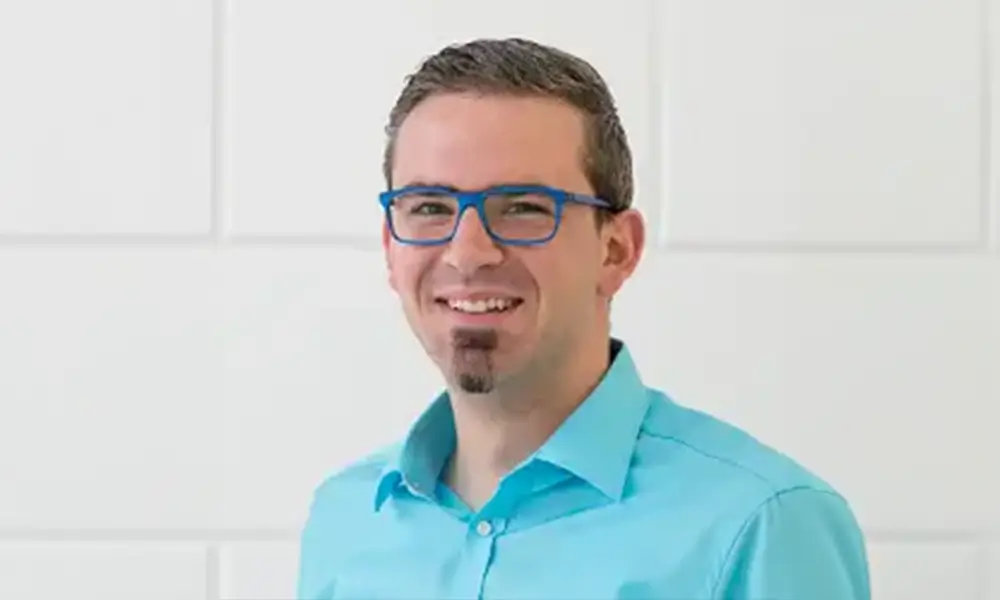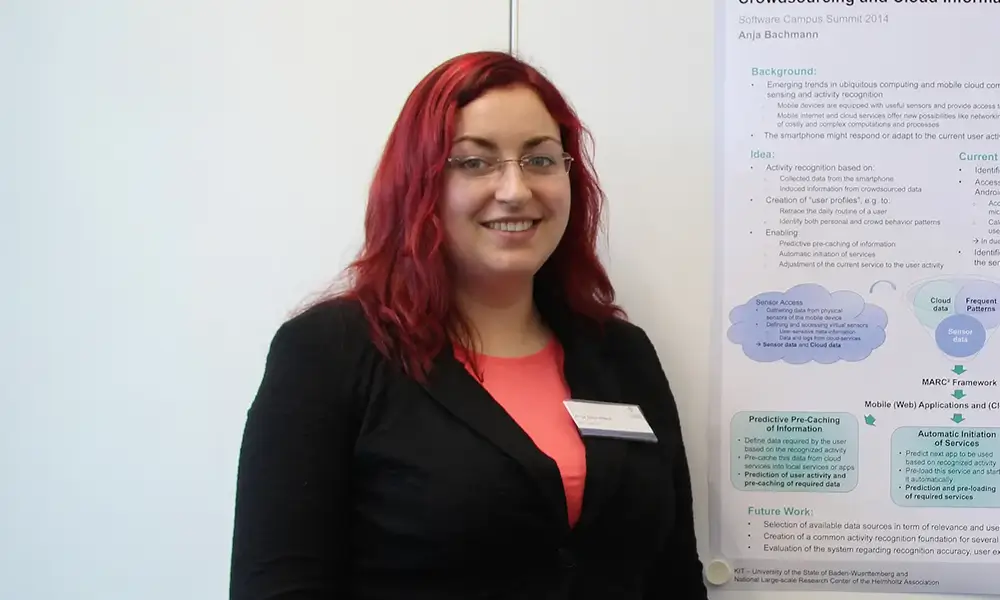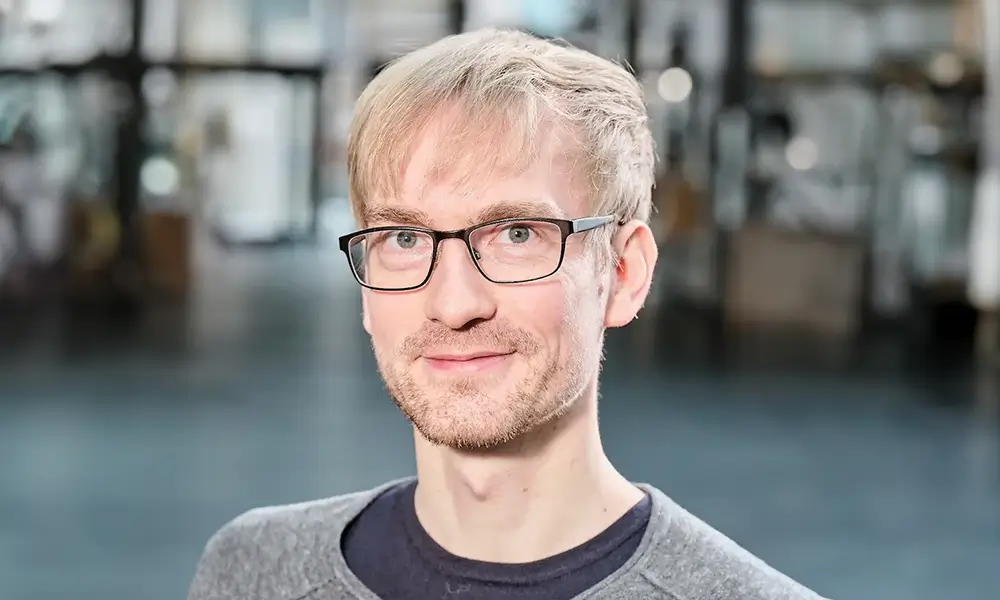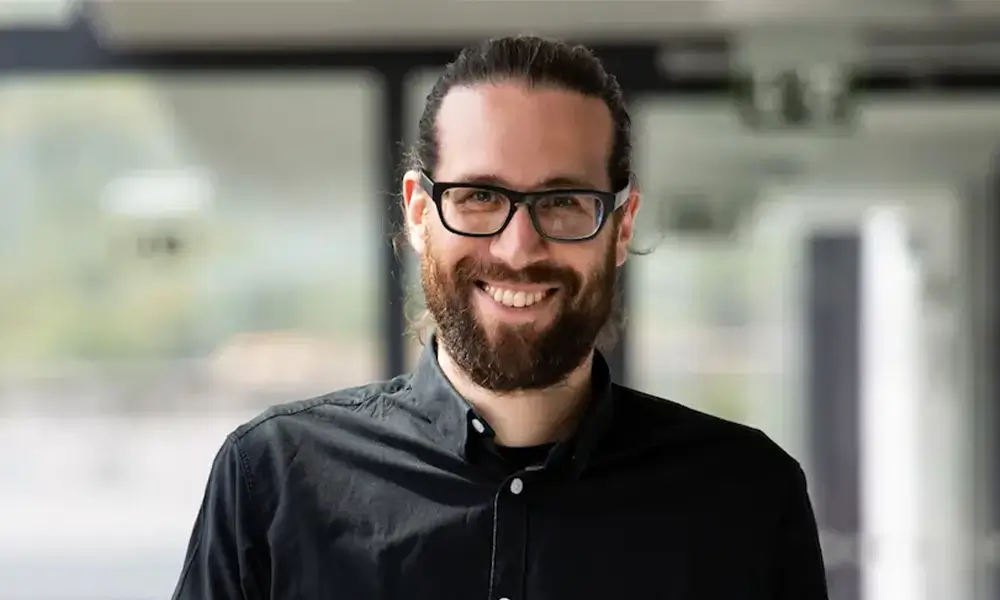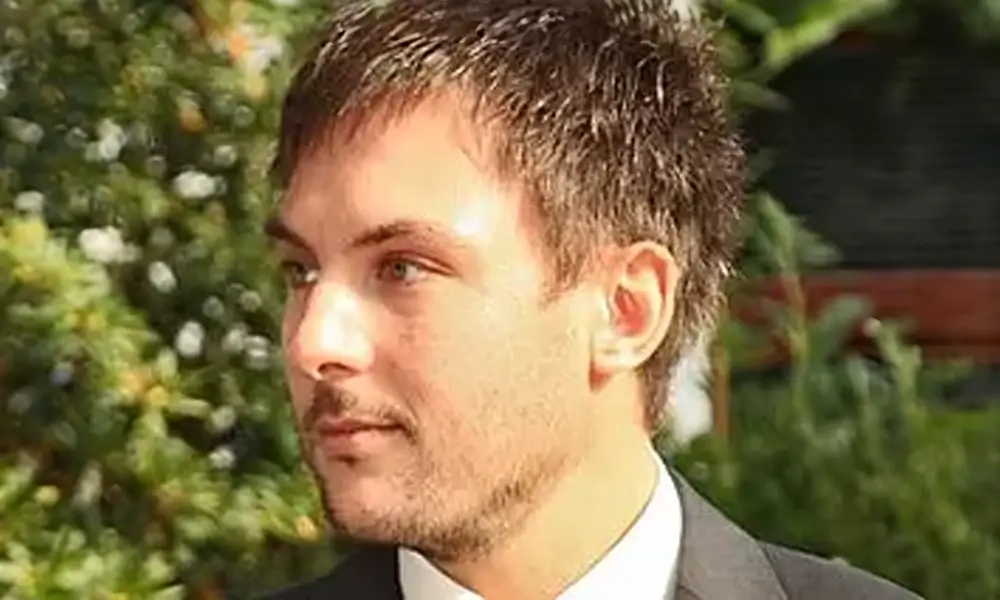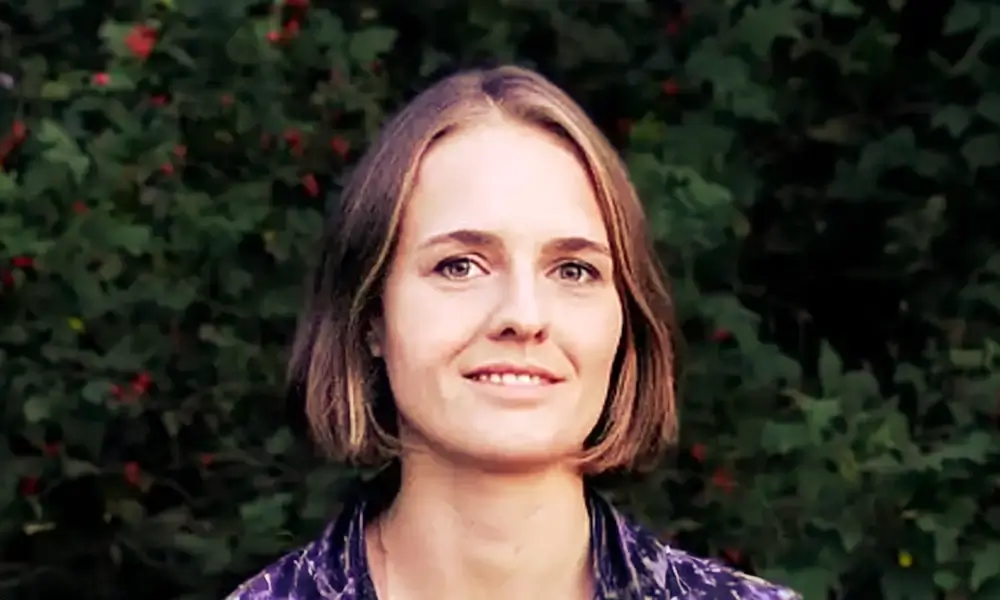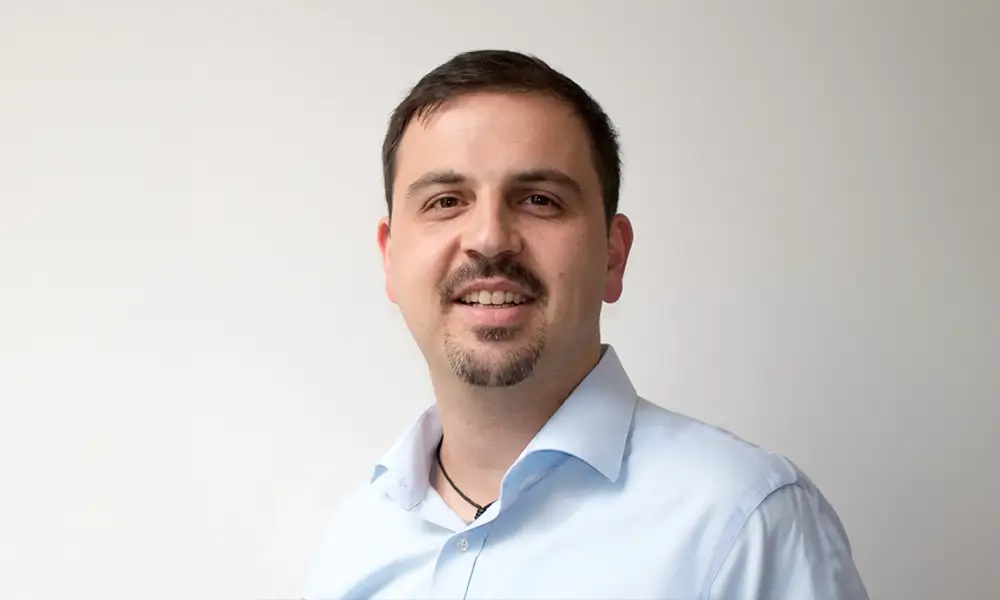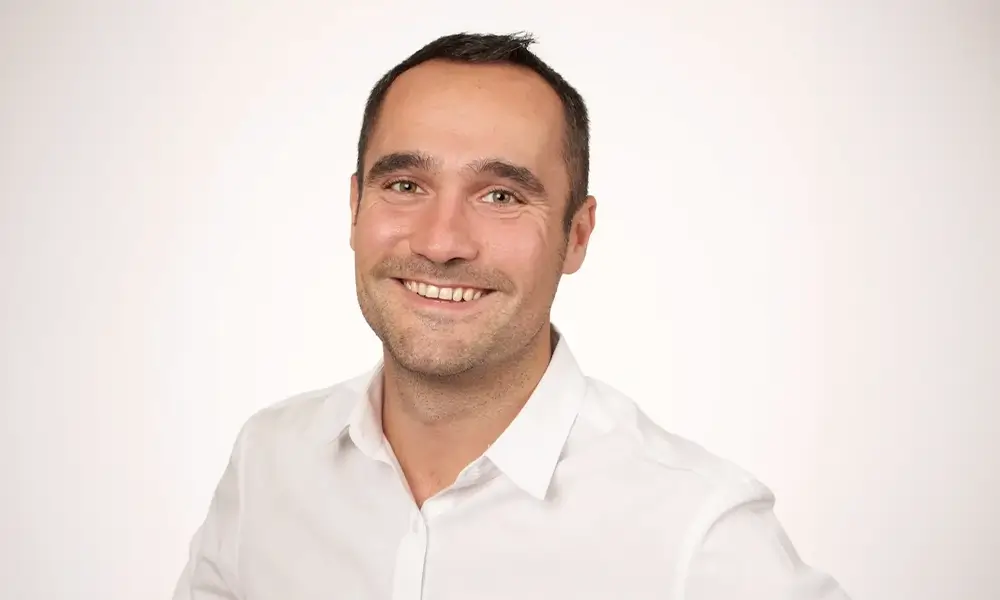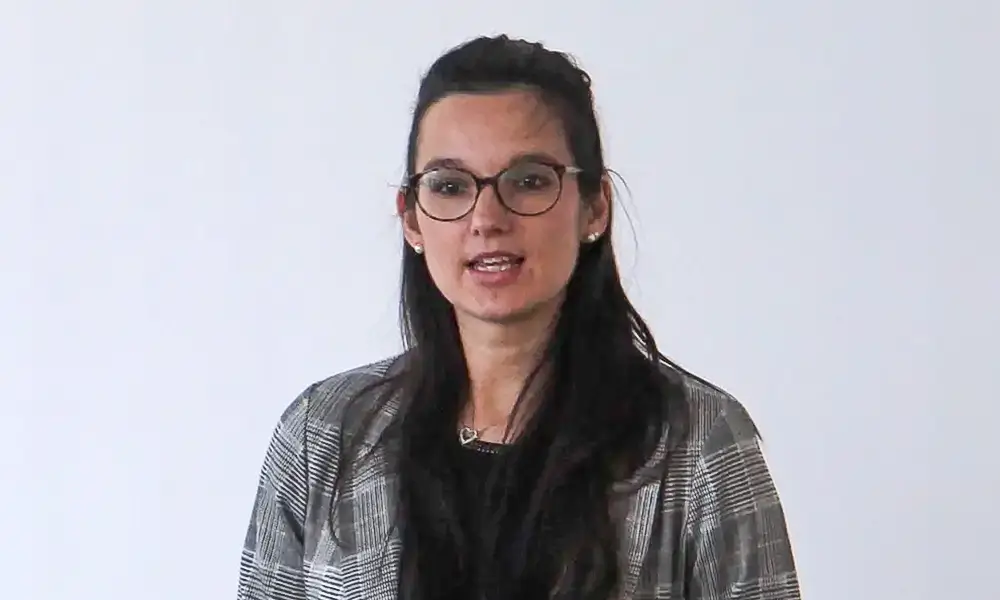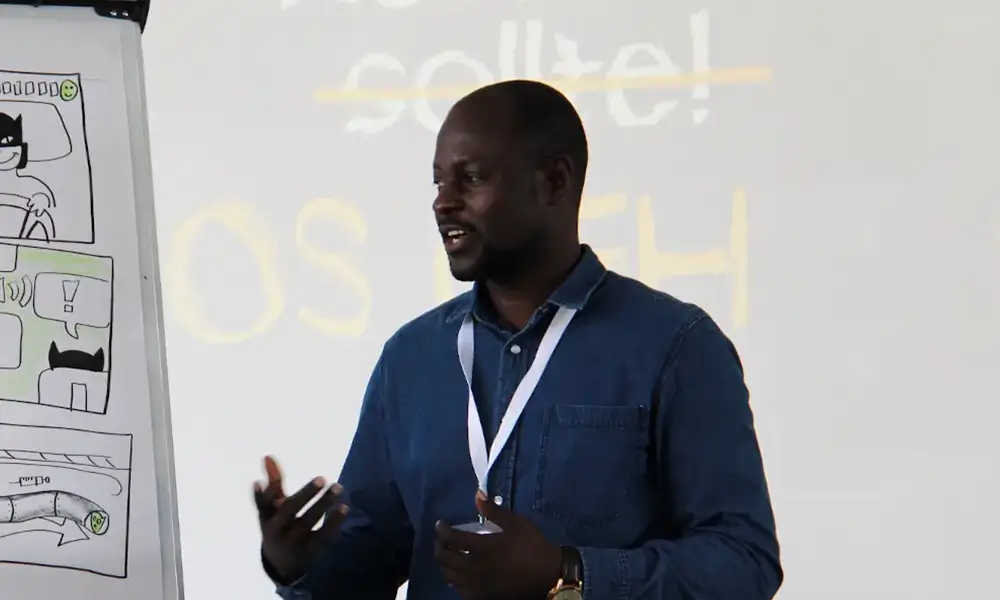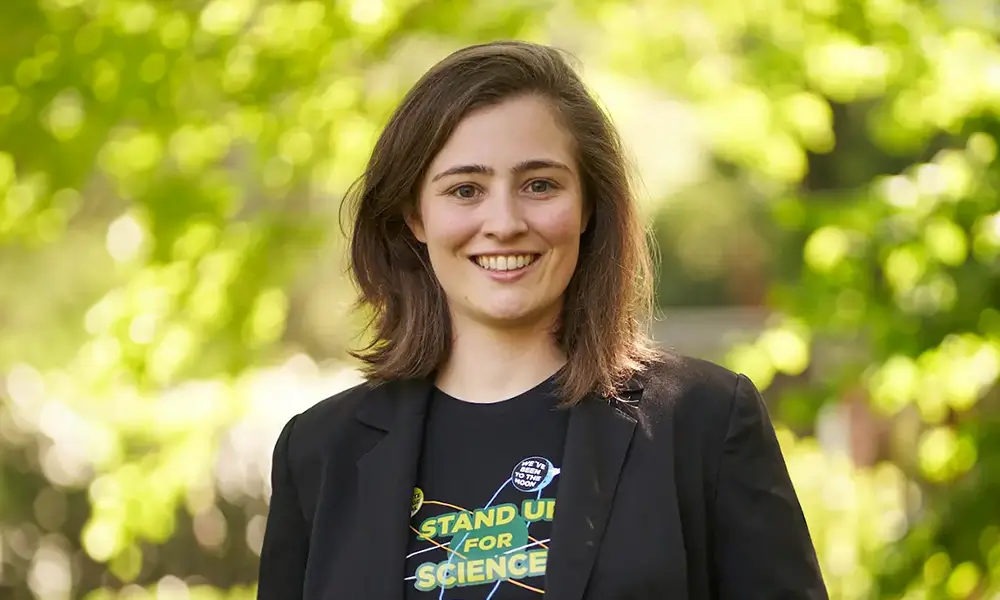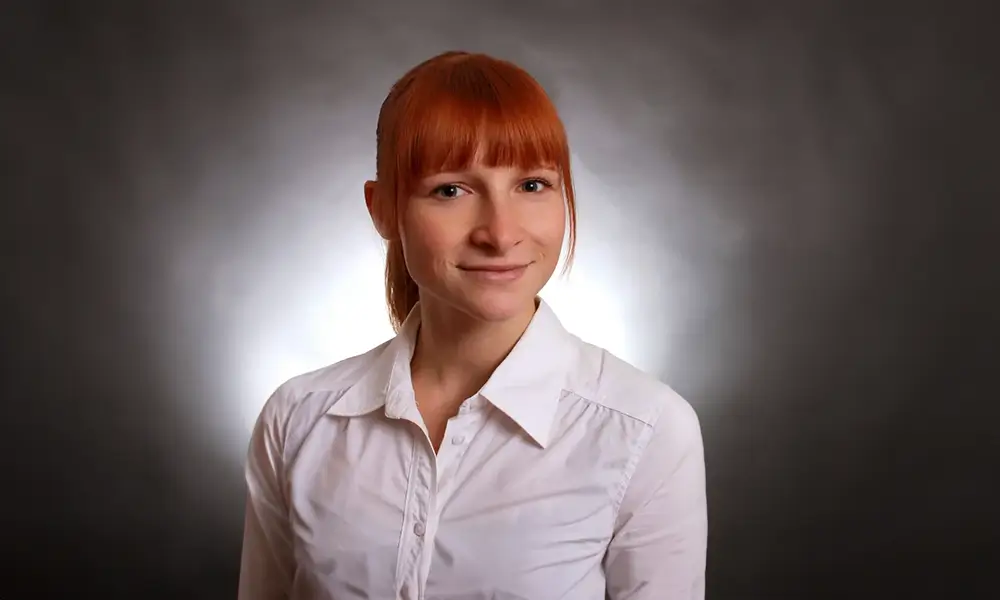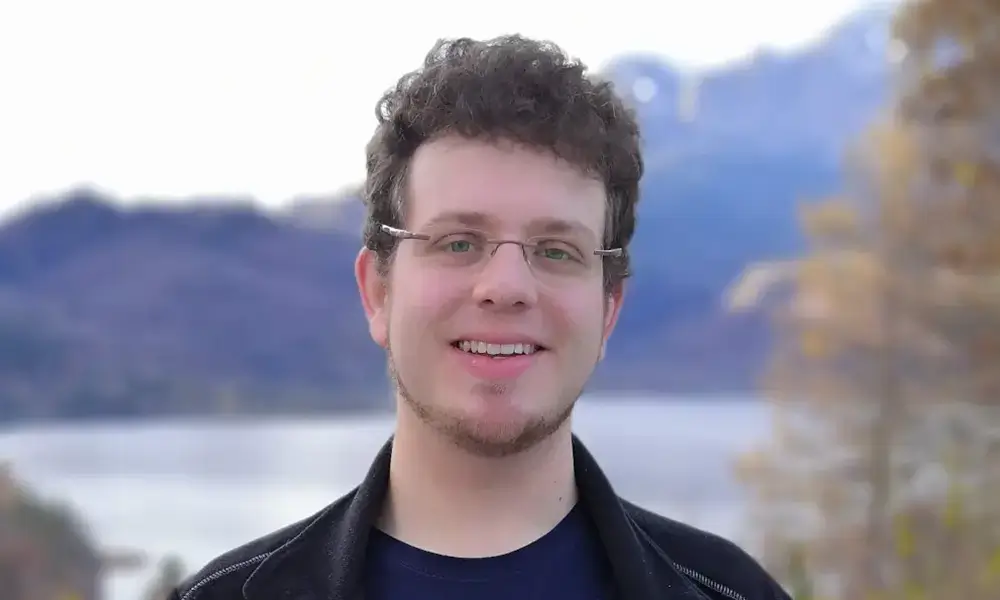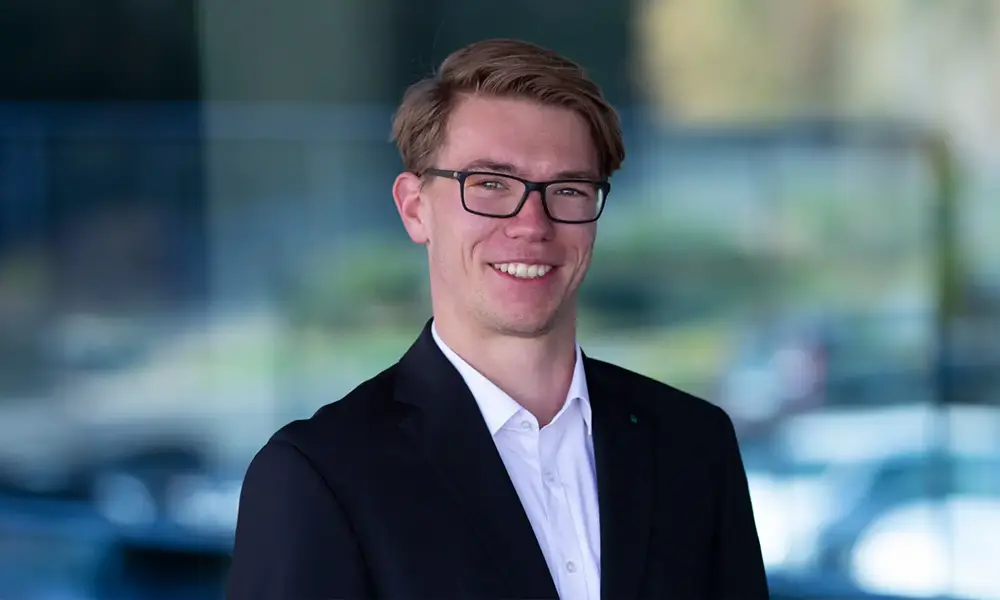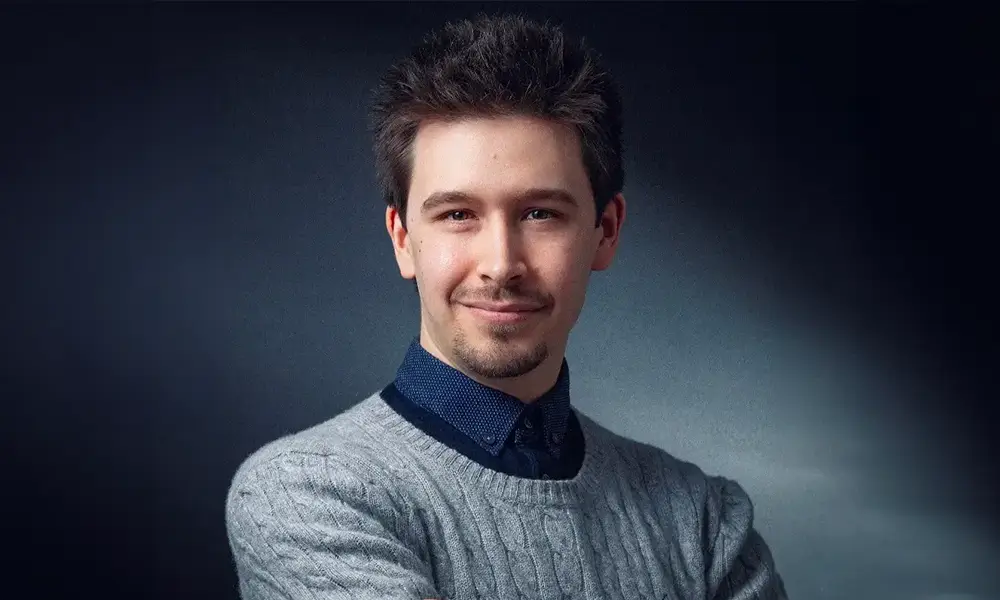Who are you and what do you do? Who are your partners?
My name is Amr Gomaa and I am a Doctoral Researcher at German Research Center for Artificial Intelligence (DFKI) and a Ph.D. student at Saarland University. My research focus is User-centered Artificial Intelligence. I have worked on several projects in the academic and industrial contexts spanning the telecommunication, robotics, and automotive domains. I have worked on machine learning-based multimodal gesture recognition as well as hybrid reinforcement and neuro-symbolic learning approaches in both the automotive and robotics domains. My partner is ZEISS and together we are working on advancing the automation of medical tools for robotic manipulation.
How long have you been with Software Campus and why are you in the program?
I have been developing my idea through the Software Campus process since May 2021, and my project officially started in March 2022. I have learned a lot during the entire process, starting with an initial abstract idea, and ending with a concrete plan with a detailed timeline and exact Key Performance Indicators (KPIs). The Software Campus application process has helped me shape this plan and polish my idea to reach the desired goal. Additionally, it provides a valuable connection with the industry partner that I believe is the best way to ground the research goals into immediately feasible ones.
What do you expect from Software Campus?
I expect this program to provide me with the needed tools to enhance my management and leadership skills as well as offer me the opportunity to apply my work to practical industrial settings. I believe this would help sculpt my work into a well-posed dissertation that would be beneficial for both the academic and industrial communities.
What is the content of your IT project and how could it be applied in the future?
Imagine a system where a professional human worker can be a teacher to an industrial apprentice robot with conceptual knowledge. My goal is to build a real-time practical machine teaching system in a physical environment based on the apprenticeship paradigm (e.g., Imitation Learning, Behavioral Cloning, and Inverse Reinforcement Learning). The artificial agent (i.e., robot) would explicitly learn on both perceptual and conceptual levels through direct feedback from a human teacher while learning implicitly through its existing view (i.e., sensors) of the world in a human-like manner. Furthermore, when considering these developed methods in the context of a multimodal system, it would improve the agent capabilities further and extend it into a feedback-less one (i.e., the apprentice robot becomes an expert).
Is there “the” characteristic that you think a top manager must have today in order to be successful?
In addition to being respectful and honest, I think the most important characteristic a manager should have, is adaptability. In the current changing economy and diverse society, top management should be able to quickly adapt their strategies and actions according to the current situation and different points of view in an efficient and precise manner.
What has been the biggest challenge you have had to face so far in your IT career?
The fear of automation. Having worked on topics of Artificial Intelligence and Optimization techniques in both academic and industrial domains, I mostly face opposition to proposing an automation tool or technique due to the fear of losing jobs. However, I always see that such “smart” tools also created jobs with a different skill set that people have learned and adapted their jobs to.
If you could reach all people with one sentence, what would you tell the world?
“Everything happens at its own pace, at its own time. Be patient. Don’t rush.” A quote by Jay Shetty that I personally live by and admire.
